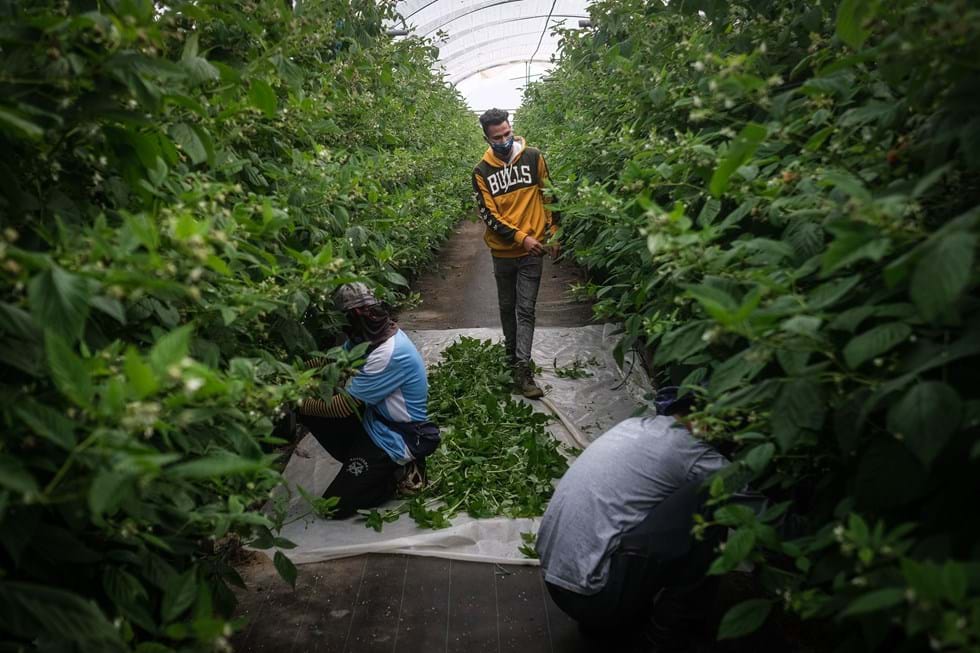“Country has forgotten these are people who need to be integrated”
Into an already complicated picture, the director general of the Jesuit Refugee Service has accused Portugal of reducing immigrants to the status of economic tools, “utilitarian instruments” – forgetting that they are people who need to be integrated.
In interview with Lusa, André Costa Jorge stressed: “When we bring in people, we don’t just bring in arms to work, we bring in people.
“It is not enough to send immigrants to ‘some precarious dwelling in the middle of a town’ with an elderly population “and hope that everything will work out…
“There is a lot of work to be done” in schools, in local societies, to “promote intercultural relations (…) People need to “get in touch with each other.
“We cannot fall into the trap of the far-right discourse and let that discourse win” – because, as happened with the Portuguese in the 1960s, “without alternatives, people look for illegal ways” – but ”then, in the media and from a political point of view, they are presented as a threat”.
Costa refers to the ‘perception’ in many sectors of Portuguese society that the country is in the grips of “mass migration, a kind of invasion, which is always used in the rhetoric of the extreme right, but which, in fact, results from the inability of the political centre to solve the problems”.
And that means investing in processes to integrate people who end up contributing to the country’s growth, he said – adding that he rarely feels that the issue of migration “is translated into a perspective that Portugal is a country that will become more enriched and capable of facing the challenges of the future if it knows how to welcome and integrate well” those who arrive.
Accepting that policies and ‘integration’ attempts have not always been “intelligent”, he gave the example of a refugee centre in Vendas Novas where he felt “a lot of resistance and ignorance” from the population and the local authority about what was going to be done – something that has been “deconstructed”.
Throughout the country, “local authorities, local populations are naturally going to be impacted by the arrival of new people”, but local policies have only recently begun to create structures such as the Local Support Centers for the Integration of Migrants (CLAIM). They “woke up late”.
Blaming “all the governments that, over the last 20 years, have progressively disinvested in the state’s capacity to respond to a reality that has been growing”, the refugee service leader also referred to the whole subject of immigration being used as an argument in the political debate”, creating a “supposed link between crime and immigration”.
Without naming names, he cited a party that “occupied this space of debate in Portuguese society, bringing up issues such as insecurity” or the “relationship between housing supply and the country’s ability to welcome people”, trying to create “noise in the public debate”. This has generated “concerns among ordinary citizens about Portugal’s ability to integrate immigrants well” and the debate “is not always carried out in a healthy or in-depth way”. Indeed, it is now “increasingly a topic of tension in Portuguese society”, unlike in the recent past.
“This has always been a country of emigrés” and ‘every Portuguese person is still aware of what it means to leave – looking for better living conditions is part of our identity heritage”, he recalled.
But seeing “Portugal as a host country is a relatively new reality.
“The issue of asylum and refugees used to be a very marginal issue, even within the area of migration,”. It has now taken on ”a certain centrality in the political debate, not always in the best way and not always enlightening”.
Source material: LUSA




















